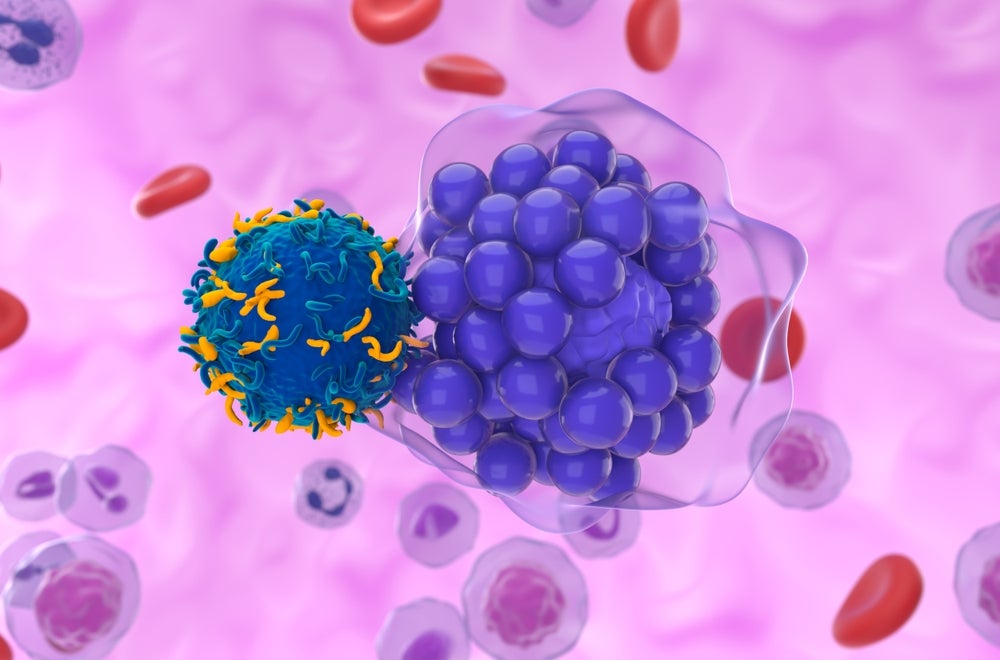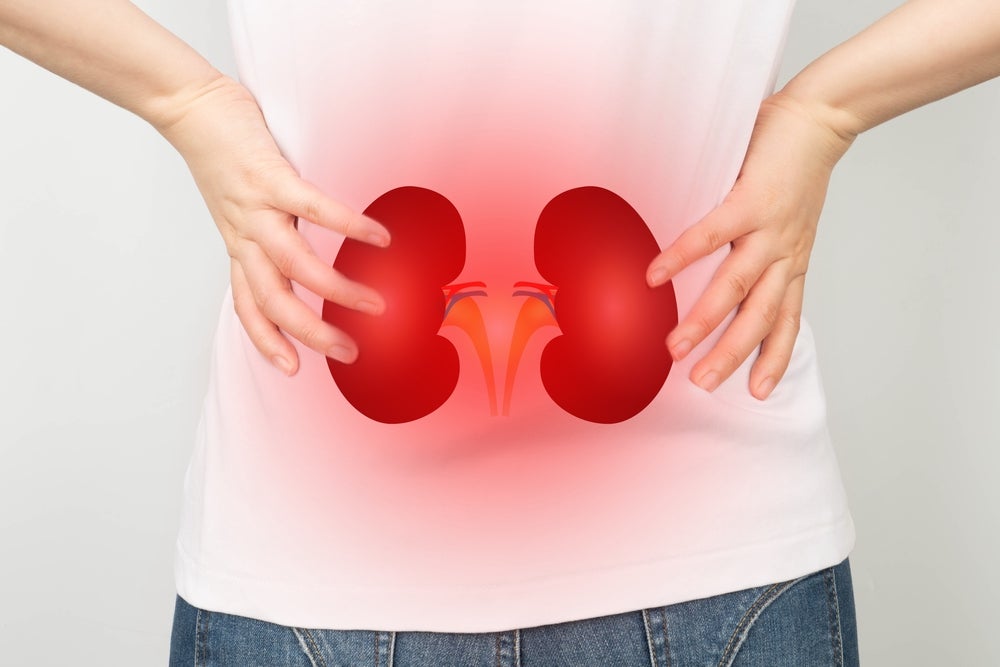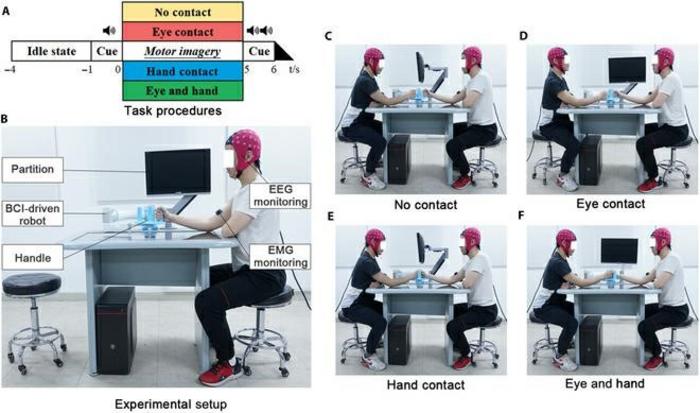Autistic and Transgender Individuals Experience Disparities in Health and Healthcare Access
Researchers at the Autism Research Centre at Cambridge University have uncovered significant disparities in healthcare experiences among autistic individuals who identify as transgender or gender diverse (TGD). This groundbreaking investigation highlights that autistic TGD individuals report lower quality healthcare when compared to their autistic and non-autistic peers who identify as cisgender. These findings are not […]


Researchers at the Autism Research Centre at Cambridge University have uncovered significant disparities in healthcare experiences among autistic individuals who identify as transgender or gender diverse (TGD). This groundbreaking investigation highlights that autistic TGD individuals report lower quality healthcare when compared to their autistic and non-autistic peers who identify as cisgender. These findings are not only critical but also form the first substantial study examining the healthcare experiences specifically among autistic TGD persons, shedding light on an often-overlooked population.
Previous studies have shown that both autistic individuals and TGD individuals face significant barriers in accessing quality healthcare. They are frequently reported to encounter more severe physical and mental health conditions than those outside these groups. In a notable 2020 study by the same Autism Research Centre, researchers discovered that TGD individuals are disproportionately likely to be autistic, exhibiting higher levels of autistic traits compared to the general population. Further studies have corroborated these findings, indicating that autistic individuals often face gender dysphoria at higher rates.
In the largest survey conducted to date, researchers reached out to 174 autistic TGD individuals, 1,094 autistic cisgender individuals, and 1,295 non-autistic cisgender individuals. The comprehensive survey aimed to assess not just the prevalence of mental and physical health conditions, but also to gauge the quality of 51 distinct aspects of healthcare experiences, including communication, anxiety, and accessibility.
The results were startling. Autistic TGD individuals, along with their autistic cisgender counterparts, reported markedly poorer healthcare experiences on about 50 of the surveyed items, particularly in comparison to non-autistic cisgender individuals. This evidence confirms a concerning trend: autistic individuals appear to encounter lower quality healthcare services, independent of their gender identity.
When examining specific healthcare interactions, it became evident that autistic TGD people were at least three times—and sometimes up to eleven times—more likely to experience anxiety, shutdowns, and meltdowns in typical healthcare scenarios. This troubling correlation suggests that common experiences, such as visiting a healthcare professional, can pose significant emotional and physical challenges to autistic TGD individuals.
The survey revealed that for every ten cisgender non-autistic adults who could articulate their healthcare experiences effectively, only two autistic cisgender adults and one autistic TGD adult could do the same. This gap not only highlights a profound inadequacy in understanding their own health but raises alarms about potential misdiagnoses, lack of appropriate care, and overall dissatisfaction with the healthcare system.
Furthermore, the percentage of long-term mental and physical health conditions diagnosed among these individuals was alarmingly elevated. While ten non-autistic cisgender participants had at least one diagnosed physical health condition, the figures climbed to 15 among autistic cisgender participants and 23 for autistic TGD individuals. The discrepancies in mental health diagnoses were even graver, reinforcing the pressing need for tailored healthcare solutions for these marginalized groups.
The implications of this research extend far beyond academic interest. They underscore a critical public health concern, particularly given the existing literature that indicates both autistic and TGD populations are at higher risk for suicide and self-harm. In 2023, the UK’s Department of Health and Social Care specifically highlighted autistic people as a priority group for suicide prevention initiatives due to their heightened vulnerability.
In this recent study, comparisons to non-autistic cisgender groups revealed that autistic cisgender individuals were 4.6 times more likely to engage in self-harm. The risk was even more pronounced for autistic TGD people, who faced a 5.8 times higher likelihood of reporting self-harming behaviors. Such statistics are both alarming and indicative of systemic failures within healthcare systems to provide adequate care.
Dr. Elizabeth Weir, a postdoctoral scientist involved in the research, emphasized the significance of these findings, stating that they contribute to a growing body of evidence demonstrating the deteriorating mental health conditions faced by many autistic individuals. The need for an intersectional approach—considering how various aspects of identity, including gender, interplay with health outcomes—has never been more pressing.
Experts advocate for systemic change within healthcare frameworks, urging that clinicians be informed of the unique challenges faced by autistic TGD individuals. Their healthcare experiences are not just a personal struggle; they reflect broader social injustices and health disparities deeply ingrained in our systems.
The study calls for an urgent and proactive approach to healthcare reform. Policymakers, healthcare providers, and researchers must cooperate with transgender and autistic communities to redesign healthcare systems, ensuring they are inclusive and accessible. The goal should be to minimize barriers and foster an environment of trust and understanding, which is crucial for effective treatment and care.
Given the rigorous methodology and the emotional weight of the findings, this research serves as a pivotal moment for both autism advocacy and transgender rights. The challenges faced by these communities are interlinked, and addressing them requires a multifaceted strategy that acknowledges and respects the complexities of identity.
As we move forward in tackling these issues, it is vital that the voices of autistic TGD individuals are heard, recognized, and amplified in discussions surrounding healthcare and policy reform. Solving these issues is not only about better healthcare delivery; it is about reaffirming the dignity and worth of all individuals, regardless of their gender identity or neurodiversity.
Ultimately, the work of the Autism Research Centre at Cambridge University serves as a clarion call for action, urging society to turn empathy into actionable change within healthcare systems. A commitment to understanding and addressing the specific needs of autistic TGD individuals can pave the way for a future where all individuals receive the healthcare they rightfully deserve.
Subject of Research: People
Article Title: Autistic and transgender/gender diverse people’s experiences of health and healthcare
News Publication Date: 21-Jan-2025
Web References: Link to article
References: Green, K., Weir, E., Wright, L.*, Allison, C., & Baron-Cohen, S.
Image Credits: N/A
Keywords: Autism, Healthcare, Gender identity, TGD, Mental health, Intersectionality, Suicide prevention.
What's Your Reaction?

































